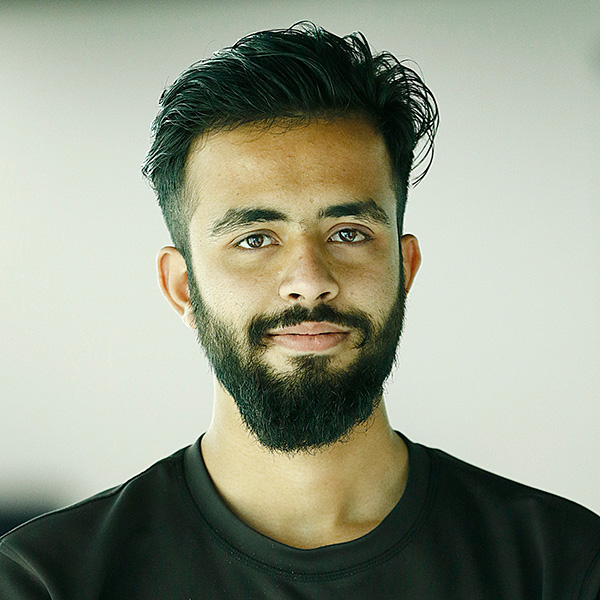Miscellaneous
Curriculum panel faces criticism over its subject design
Experts, teachers and students oppose the Curriculum Development Centre (CDC)’s move to make Health, Population and Environment (HPE), an optional subject fromcompulsory status in secondary school curriculum.
Nayak Paudel
Experts, teachers and students oppose the Curriculum Development Centre (CDC)’s move to make Health, Population and Environment (HPE), an optional subject from compulsory status in secondary school curriculum.
The subject HPE covers topics such as family planning, sexually transmitted diseases, reproductive health, diseases and its prevention, keeping environment clean and personal sanitation among others.
Experts suggest the government should have a broader perspective of education as it should adapt to changing times.
Tribhuvan University’s former vice-chancellor Kedar Bhakta Mathema told the Post, “The government should make its curriculum as per the prevailing circumstance of the world. Knowledge about current and future happenings should be included in the curriculum.”
Defending the decision, CDC’s top official said not all subjects could be made compulsory.
CDC Director General Lekhnath Poudel told Post, “We cannot make all subjects compulsory. Subjects like English, Nepali, Mathematics, Science and Social Studies need to be compulsory. Regarding the contents of HPE, they are included in other subjects as well.”
Although health, population and environment education are different branches of learning, they have been kept together as they are interrelated. Health and population are closely related and both have direct relation with the environment as well.
Primary classes, too, have similar subjects in their curriculum, but the secondary level has contents required for broader perspective of health, population and environment.
Many schoolteachers, either don’t teach the chapter on sex education and reproductive health or tell students to study it at home.
In such a situation, making HPE an optional subject would prohibit many students from necessary education on important topics, warn education experts.
Education researcher Pramod Bhatta said, “The major concern is the contents of the subject. Making a subject optional will not affect much, but making its content will. If the government wants to keep HPE as optional, they can include the topics in other subjects. Students should have information of HPE subject.”
Many schoolteachers praise the importance of HPE.
Private and Boarding Schools’ Organisation Nepal, Senior Vice-President D K Dhungana said, “Many schools hold extra classes on health and environment to impart more knowledge to students. HPE is a subject which should be in the core curriculum of our education system, not optional.”
Students, too, oppose the move to remove HPE from compulsory subject category.
“HPE subject has topics that have helped us to know more about ourselves, our health and environment. We never knew about many important topics. These topics should be taught well and new educative contents should be added rather than making it an optional subject,” said Aayush Neupane, a class 10 student of Balkalyan Boarding Secondary School, Jhapa, who is preparing for Secondary Education Examination this year.
Ministries’ lack of coordination hits technical education
The absence of co-ordination among a dozen of ministries running technical education and training classes is hampering in yielding expected results, according to a report by an expert panel.
In addition to Ministry of Education, Science and Technology, ten other ministries conduct different types of technical classes or trainings for people from various age groups. However, there is no coordination among them. This has often led to duplication of the programme and wasting of budget.
The report titled ‘Technical and Vocational Education and Skills Development’ says lack of co-ordination on one hand is leading to wastage of state resources while it is also creating disparity in the kind of trainings or education they award.
Currently, around Rs 15 billion is spent on the technical education annually.
The report prepared by a team of experts led by educationist Pramod Bahadur Shrestha has proposed a central body led by prime minister to streamline the programmes by the different ministries.
The National Assembly for Technical and Vocational Education and Skills Development led by PM will have all authority to plan and write policies needed for the technical and vocational education.
The National Council for Technical and Vocational Education and Skills Development headed by education ministers will take the lead in implementing the decisions taken by the assembly.
The report proposes separate assemblies and councils at the provincial level as well.
Provincial Assembly for Technical and Vocational Education and Skills Development will be led by the respective chief ministers while Provincial Council for Technical and Vocational Education and Skills Development will be headed by Social Development Minister.
There will be separate Municipal Council for Technical and Vocational Education and Skills Development led by mayors in each municipalities and metropolis.
For the sustainability of the trainings, the report proposes to create a National Training Fund where the central and provincial government would contribute 50 percent of the amount each.
The report is published as a part of Education Ministry’s plan to formulate a policy on vocational education and training.
The government has to pass it has before implementation.




 9.89°C Kathmandu
9.89°C Kathmandu










